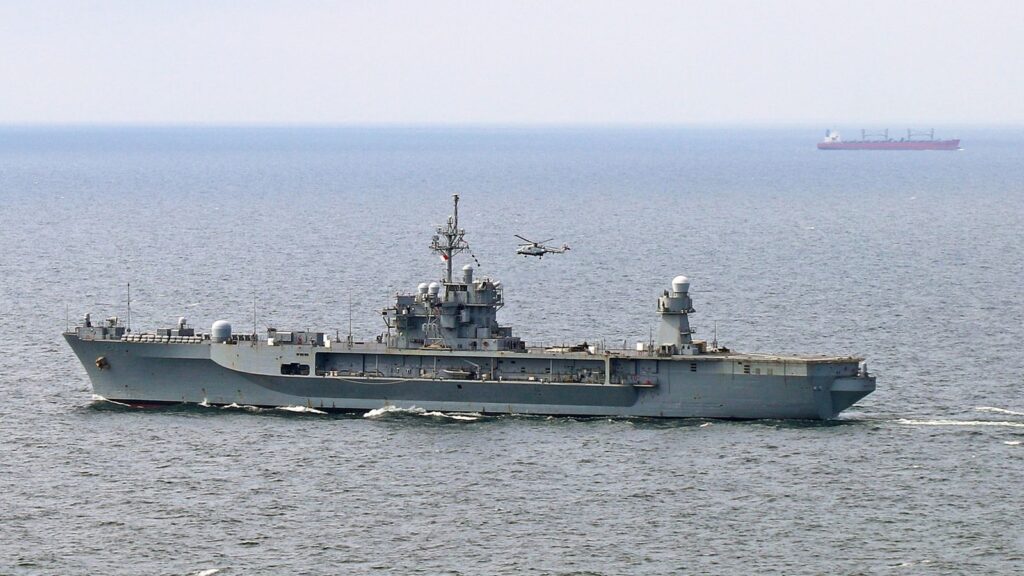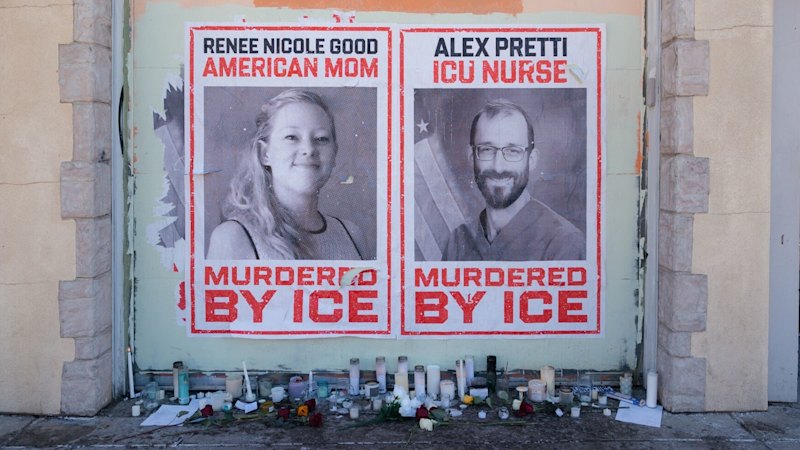
The USS Mount Whitney, a command ship of the U.S. Navy, navigated the Baltic Sea on July 6, 2025, as part of the 6th Fleet’s operations to bolster U.S. and allied interests in the region. This maneuver is emblematic of escalating global military preparations, as nations brace for potential conflict. The situation has drawn commentary from various quarters, including right-wing German historian Sönke Neitzel, who recently declared, “Perhaps this is the last summer of peace.”
Neitzel’s remarks, made during a television appearance in March, have sparked widespread debate in Germany. Far from being a cautionary note, his statement was a call for Germany to accelerate its military build-up, particularly in anticipation of a potential conflict with Russia. He advocates for a revival of “Soldatenkulturen” or soldier culture, reminiscent of the German army during Adolf Hitler’s era, which he claims fostered identity and cohesion through military traditions.
Historical Echoes and Modern Parallels
Neitzel’s rhetoric harks back to the imperialist fervor that preceded the world wars of the 20th century. His declaration of a “last summer of peace” is reminiscent of German General Friedrich von Bernhardi’s 1911 treatise, which argued that war was a “biological necessity” for human progress. Bernhardi’s views masked Germany’s imperial ambitions under the guise of inevitable conflict, a sentiment echoed by Neitzel’s contemporary assertions.
Today, the specter of war looms large once again. The German government has pledged to triple its military spending over the next decade. In a recent budget debate, Chancellor Friedrich Merz stated that “the tools of diplomacy have been exhausted” concerning Russia, while German President Frank-Walter Steinmeier has called for the reintroduction of conscription.
Global Rearmament and Strategic Alliances
Germany’s military expansion is part of a broader trend among European powers. At a recent NATO Summit in The Hague, member states committed to increasing military spending to 5 percent of GDP. Across the Atlantic, the United States, under President Donald Trump, is intensifying its military focus on the Pacific, particularly concerning China.
The Financial Times reported that the Pentagon has formally requested Japan and Australia to pledge military support against China in the event of a conflict over Taiwan. An official noted, “Concrete operational planning and exercises that have direct application to a Taiwan contingency are moving forward with Japan and Australia.”
Implications of a New Global Conflict
These developments have led some media outlets to describe current tensions as the precursors to a new world war. The New York Times’ Ross Douthat speculated on the potential global ramifications, suggesting that conflicts in Ukraine and the Middle East could be seen as part of a broader World War III scenario.
“If the United States and China eventually fall into a ruinous war, then the struggles in Ukraine and the Middle East will be retroactively assigned to histories of World War III,” Douthat wrote.
Such perspectives raise questions about the motivations behind these military escalations. Douthat’s commentary highlights the underlying drive for imperial dominance, suggesting that the U.S. and its allies are seeking to maintain global hegemony against a “revisionist alliance” of nations like China and Russia.
The Domestic Front: War and Society
Domestically, the push for military expansion is accompanied by significant social and economic challenges. Critics argue that the same ruling classes advocating for war are also imposing austerity measures on their populations, cutting social programs, and eroding democratic rights.
In the United States, the Trump administration faces widespread protests and is accused of seeking to consolidate power through increased executive authority, potentially using war as a pretext for expanding presidential powers.
The Socialist Equality Party is actively campaigning against these trends, advocating for an international anti-war movement rooted in socialism. They argue that dismantling the imperialist war machine and establishing workers’ power is essential for achieving global peace and equality.
As global tensions continue to rise, the need for public awareness and engagement in these issues becomes increasingly critical. The coming months and years will likely determine whether the world can steer away from the brink of another catastrophic conflict.







